php operation xml
Data to be manipulated
<?xml version="1.0"?>
<books>
<book name="JavaScript: The Defiitive Guide" publisher="O'Reilly Media, Inc.">
<author>David Flanagan</author>
</book>
<book name="PHP anf MySQL Web Development" publisher="Perason Education">
<author>Luke Welling</author>
<author>Laura Thomson</author>
</book>
<book name="HTTP: The Defiitive Guide" publisher="O'Reilly Media, Inc.">
<author>David Courley</author>
<author>Brian Totty</author>
</book>
</books>Several basic concepts of XML
1. Node: Node is the Node used in many programming languages when processing XML. Node is a relatively broad concept, including elements, attributes, namespaces, and comments in XML. , text content, processing instructions, and the entire document belong to nodes, that is to say, each independent small part of the XML document is a node,
2. Elements: Many programming languages have XML processing. Node is a very broad concept. Because of the need to unify the API, there will not be too many methods for nodes. Elements are a subset of nodes. To put it simply It’s just tags like
3. Attributes: This is easier to understand. Things like XX="OO" in <> are all attribute nodes.
4. Escape characters: Similar to HTML, xml also has language-occupied symbols. If you want to use These special characters need to be escaped
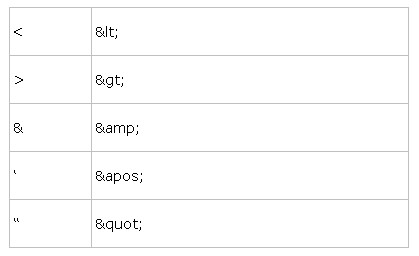
DOMDocument object
I use the DOMDocument object to operate xml. I feel that it is more scientific than simpleXml. Of course, it is purely a personal feeling when using php on the first day. DOMDocument has several commonly used properties and methods.
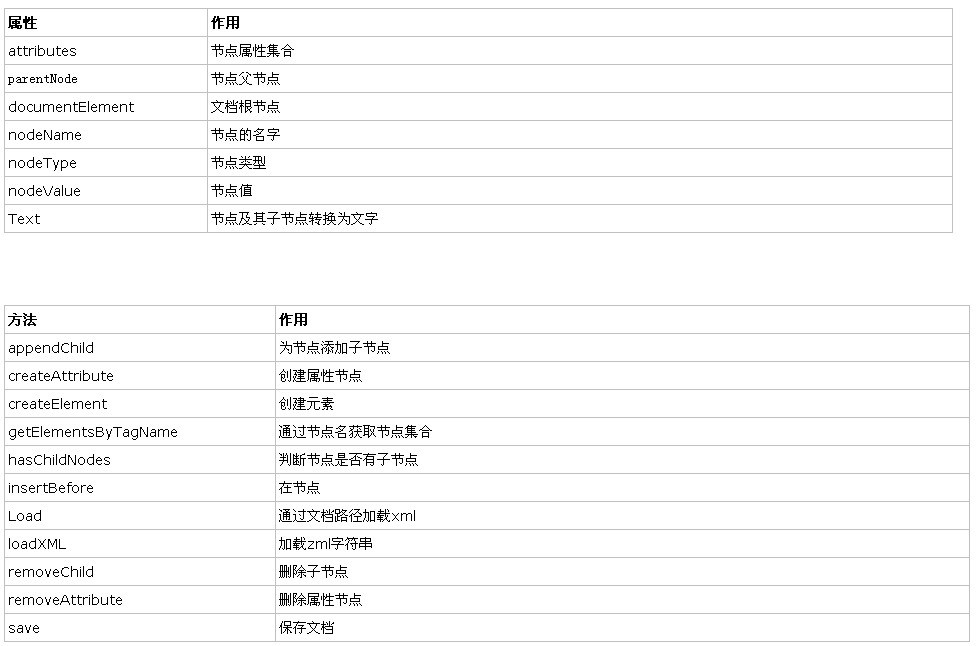
Load xml
$path=$_SERVER["DOCUMENT_ROOT"].'/books.xml';
$books=new DOMDocument();
$books->load($path);Read/traverse nodes and attributes
$bookElements=$books->getElementsByTagName('book');
foreach($bookElements as $book){
foreach ($book->attributes as $attr) {
echo strtoupper($attr->nodeName).' —— '.$attr->nodeValue.'<br/>';
}
echo "AUTHOR: ";
foreach ($book->getElementsByTagName('author') as $author) {
echo $author->nodeValue.' ';
}
echo '<br/><br/>';
}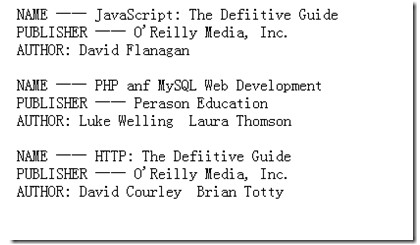
Of course, for many attributes, if you only want to read one, you can read by index through the item(index) method
echo $book->attributes->item(1)->nodeValue;
You can also pass Powerful xpath query
还可以通过强大的xpath查询
Modify attributes/nodes
foreach($bookElements as $book){
foreach ($book->attributes as $attr) {
#$book->setAttribute($attr->nodeName,strtoupper($attr->nodeValue));
$attr->nodeValue=strtoupper($attr->nodeValue);
}
echo "AUTHOR: ";
foreach ($book->getElementsByTagName('author') as $author) {
$author->nodeValue=strtoupper($author->nodeValue);
}
}
$books->save($path);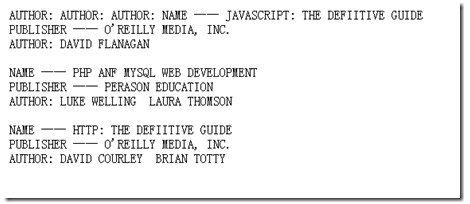
For attribute modifications, you can directly access its nodeValue changes, or you can use the setAttribute method. Don’t forget to use save after making changes.
$book->setAttribute($attr->nodeName,strtoupper($attr->nodeValue)); $attr->nodeValue=strtoupper($attr->nodeValue);
Add elements/attributes
$newBook=$books->createElement('book'); #创建新元素
$newBook->setAttribute('name','PHP Objects, Patterns, and Practice');#创建新属性,方法一
$publisher=$books->createAttribute('publisher');#创建新属性,方法二
$publisher->nodeValue='Apress L.P';
$newBook->appendChild($publisher); #把属性添加到元素上
$author=$books->createElement('author');#创建子元素
$author->nodeValue='Matt Zandstra';
$newBook->appendChild($author);#把子元素添加到父元素上
$books->documentElement->appendChild($newBook);#添加整个节点
$books->save($path);Delete attributes/nodes
$first=$bookElements->item(0);
$first->removeAttribute('publisher');
$second=$bookElements->item(1);
$second->parentNode->removeChild($second);
$books->save($path);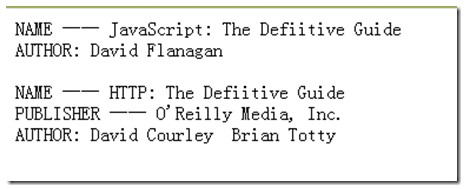
For more articles related to php operation xml, please pay attention to PHP Chinese website!

Hot AI Tools

Undresser.AI Undress
AI-powered app for creating realistic nude photos

AI Clothes Remover
Online AI tool for removing clothes from photos.

Undress AI Tool
Undress images for free

Clothoff.io
AI clothes remover

Video Face Swap
Swap faces in any video effortlessly with our completely free AI face swap tool!

Hot Article

Hot Tools

Notepad++7.3.1
Easy-to-use and free code editor

SublimeText3 Chinese version
Chinese version, very easy to use

Zend Studio 13.0.1
Powerful PHP integrated development environment

Dreamweaver CS6
Visual web development tools

SublimeText3 Mac version
God-level code editing software (SublimeText3)

Hot Topics
 1387
1387
 52
52
 Is the conversion speed fast when converting XML to PDF on mobile phone?
Apr 02, 2025 pm 10:09 PM
Is the conversion speed fast when converting XML to PDF on mobile phone?
Apr 02, 2025 pm 10:09 PM
The speed of mobile XML to PDF depends on the following factors: the complexity of XML structure. Mobile hardware configuration conversion method (library, algorithm) code quality optimization methods (select efficient libraries, optimize algorithms, cache data, and utilize multi-threading). Overall, there is no absolute answer and it needs to be optimized according to the specific situation.
 How to convert XML files to PDF on your phone?
Apr 02, 2025 pm 10:12 PM
How to convert XML files to PDF on your phone?
Apr 02, 2025 pm 10:12 PM
It is impossible to complete XML to PDF conversion directly on your phone with a single application. It is necessary to use cloud services, which can be achieved through two steps: 1. Convert XML to PDF in the cloud, 2. Access or download the converted PDF file on the mobile phone.
 How to convert XML to PDF on your phone?
Apr 02, 2025 pm 10:18 PM
How to convert XML to PDF on your phone?
Apr 02, 2025 pm 10:18 PM
It is not easy to convert XML to PDF directly on your phone, but it can be achieved with the help of cloud services. It is recommended to use a lightweight mobile app to upload XML files and receive generated PDFs, and convert them with cloud APIs. Cloud APIs use serverless computing services, and choosing the right platform is crucial. Complexity, error handling, security, and optimization strategies need to be considered when handling XML parsing and PDF generation. The entire process requires the front-end app and the back-end API to work together, and it requires some understanding of a variety of technologies.
 Is there any mobile app that can convert XML into PDF?
Apr 02, 2025 pm 08:54 PM
Is there any mobile app that can convert XML into PDF?
Apr 02, 2025 pm 08:54 PM
An application that converts XML directly to PDF cannot be found because they are two fundamentally different formats. XML is used to store data, while PDF is used to display documents. To complete the transformation, you can use programming languages and libraries such as Python and ReportLab to parse XML data and generate PDF documents.
 Recommended XML formatting tool
Apr 02, 2025 pm 09:03 PM
Recommended XML formatting tool
Apr 02, 2025 pm 09:03 PM
XML formatting tools can type code according to rules to improve readability and understanding. When selecting a tool, pay attention to customization capabilities, handling of special circumstances, performance and ease of use. Commonly used tool types include online tools, IDE plug-ins, and command-line tools.
 How to open web.xml
Apr 03, 2025 am 06:51 AM
How to open web.xml
Apr 03, 2025 am 06:51 AM
To open a web.xml file, you can use the following methods: Use a text editor (such as Notepad or TextEdit) to edit commands using an integrated development environment (such as Eclipse or NetBeans) (Windows: notepad web.xml; Mac/Linux: open -a TextEdit web.xml)
 How to open xml format
Apr 02, 2025 pm 09:00 PM
How to open xml format
Apr 02, 2025 pm 09:00 PM
Use most text editors to open XML files; if you need a more intuitive tree display, you can use an XML editor, such as Oxygen XML Editor or XMLSpy; if you process XML data in a program, you need to use a programming language (such as Python) and XML libraries (such as xml.etree.ElementTree) to parse.
 xml online formatting
Apr 02, 2025 pm 10:06 PM
xml online formatting
Apr 02, 2025 pm 10:06 PM
XML Online Format Tools automatically organizes messy XML code into easy-to-read and maintain formats. By parsing the syntax tree of XML and applying formatting rules, these tools optimize the structure of the code, enhancing its maintainability and teamwork efficiency.




